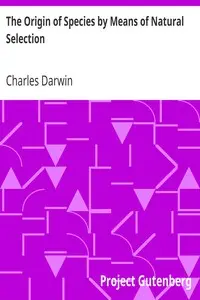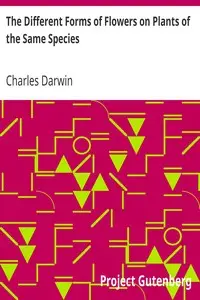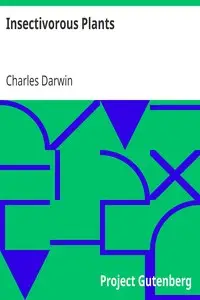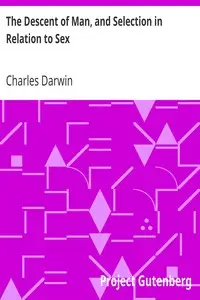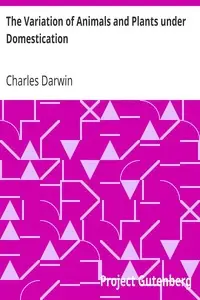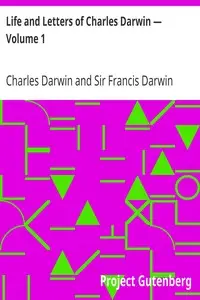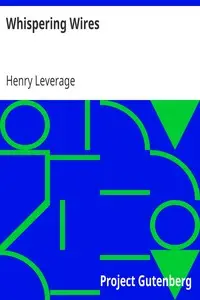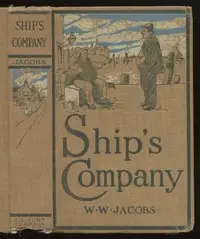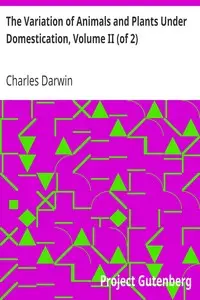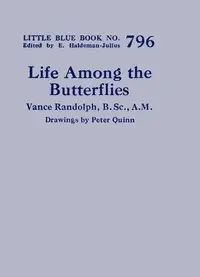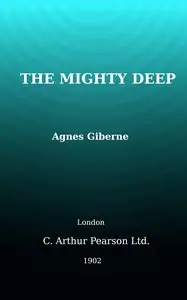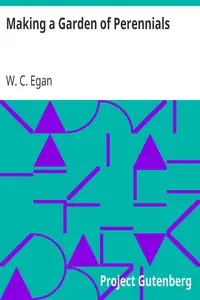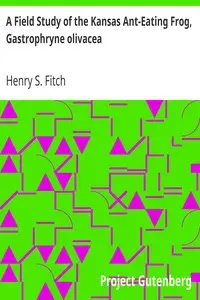"The Variation of Animals and Plants Under Domestication, Vol. I" by Charles Darwin is a scientific publication written in the late 19th century. This work focuses on the effects of domestication on the variation of animals and plants, detailing how various environmental factors influence the characteristics of these organisms. Through a methodical examination, Darwin aims to uncover the principles of variation and how they relate to both domestic species and broader natural processes. The opening of this volume introduces the book’s primary objective: to explore how domesticated animals and cultivated plants have changed under human influence. Darwin emphasizes the monumental task of documenting the vast array of domesticated varieties, yet clarifies that he will focus on specific examples, such as pigeons, foxes, and rabbits. He discusses key concepts affecting variation, including natural selection, the hereditary nature of traits, and the principle of selection exercised by humans. This foundation sets the stage for a detailed assessment of how domestication leads to variability in both appearance and function, establishing crucial connections to his broader theories on evolution and natural selection. (This is an automatically generated summary.)
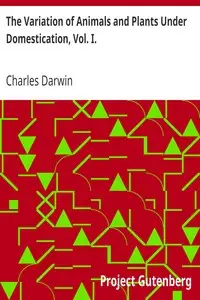
The Variation of Animals and Plants Under Domestication, Vol. I.
By Charles Darwin
"The Variation of Animals and Plants Under Domestication, Vol. I" by Charles Darwin is a scientific publication written in the late 19th century. This...
Charles Robert Darwin was an English naturalist, geologist, and biologist, widely known for his contributions to evolutionary biology. His proposition that all species of life have descended from a common ancestor is now generally accepted and considered a fundamental scientific concept. In a joint publication with Alfred Russel Wallace, he introduced his scientific theory that this branching pattern of evolution resulted from a process he called natural selection, in which the struggle for existence has a similar effect to the artificial selection involved in selective breeding. Darwin has been described as one of the most influential figures in human history and was honoured by burial in Westminster Abbey.

